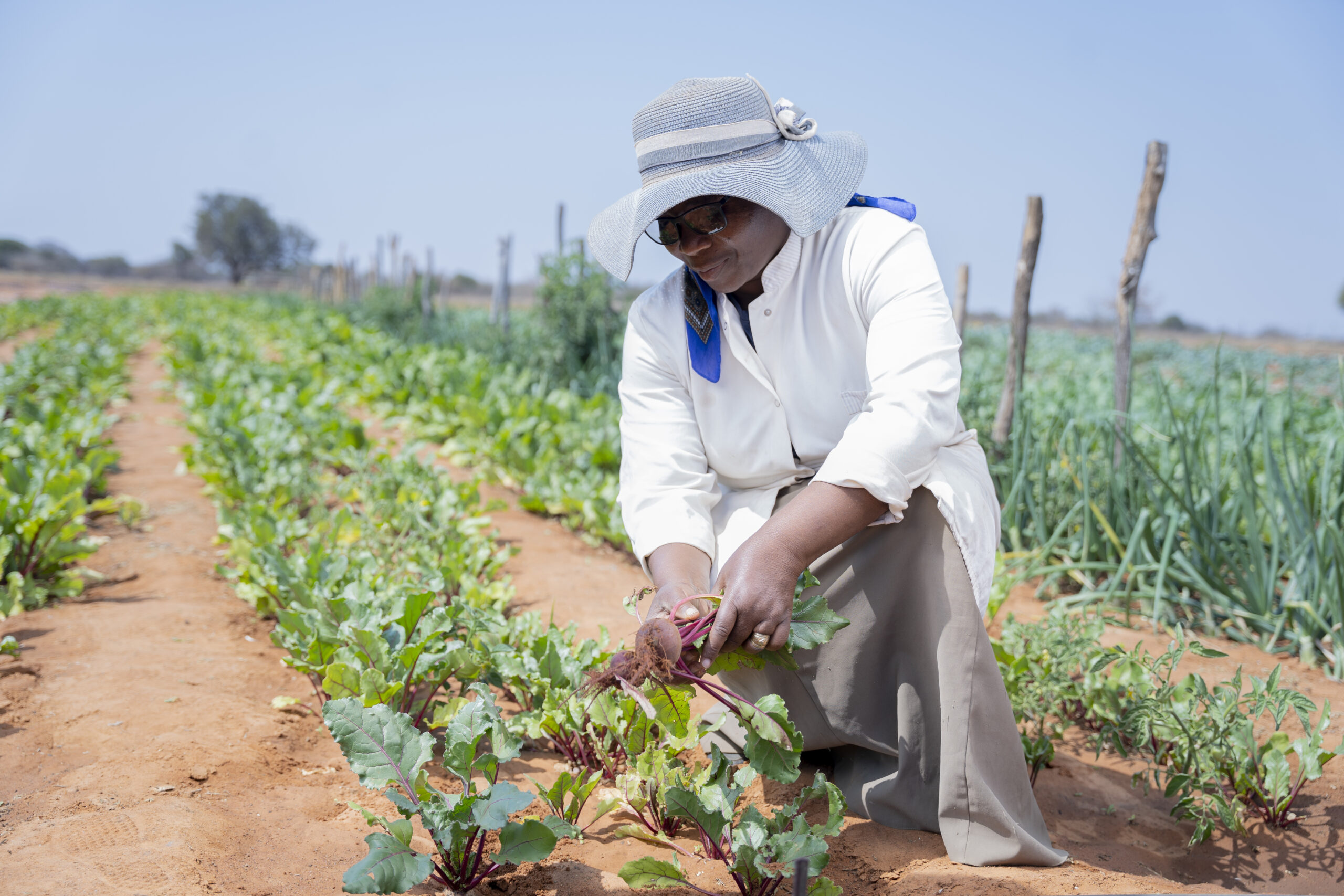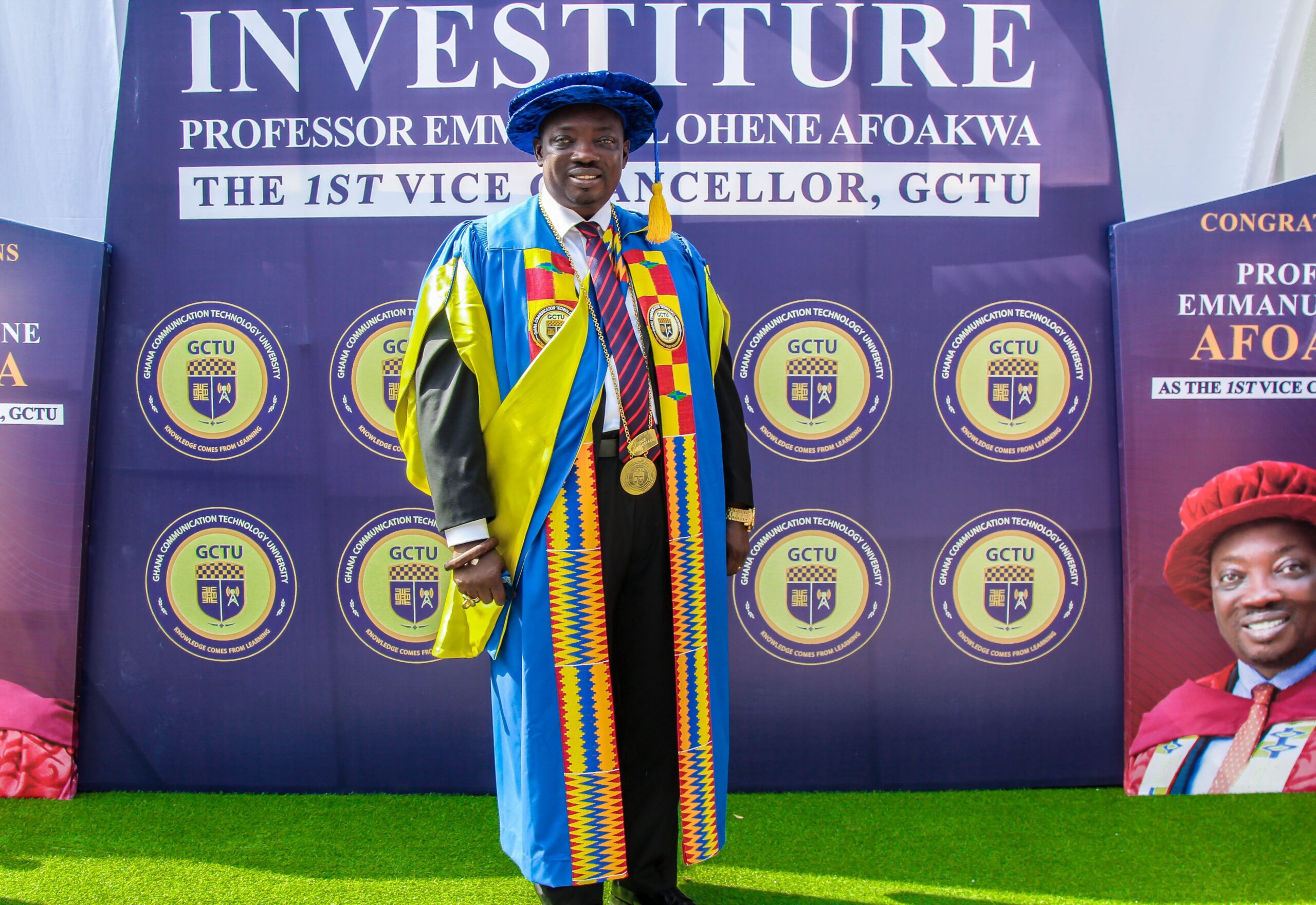| Brastorne has implemented disruptive solutions to dissolve the barriers to digital inclusion in Africa |
| GABORONE, Botswana, December 6, 2022/ — The Challenge
More and more aspects of modern life have moved online. Access to information, economic opportunities, and how we interact with our social circles are all reliant on access to the internet. Access to this near-limitless online world leads to empowerment for those with ready access. However, digital inclusion is not universal and a growing digital divide is excluding entire segments of our society from the potentially limitless benefits. This is certainly the case in Africa, where 650 million of the continent’s one billion people own mobile phones, but the majority lack meaningful digital access. There are a startling 760 million unconnected people in Africa. Economic realities are driving this digital divide. Africans use feature phones in large numbers, leaving only a few people who have both smartphones and the data plans required to be online. When they have a smartphone, digital access comes at a crippling cost. One gigabyte of mobile data costs an average of $6.44 in Africa, which is equivalent to a week’s wages for the majority of the continent’s rural poor. There are many efforts globally to promote digital inclusion, but Africa is still left behind. Brastorne acknowledges these realities and has implemented disruptive solutions to dissolve the barriers to digital inclusion in Africa. The Solution Brastorne is dedicated to connecting the 760 million Africans who currently lack meaningful access to the digital world. Using existing infrastructure, standard telco networks, Brastorne’s technology turns the continent’s ubiquitous feature phones into internet portals for less than $0.05 per day. For these feature phone users, Brastorne’s solutions provide an experience similar to that of a smartphone mobile app. This is accomplished through a suite of technology solutions including USSD, IVR, or Voice to promote digital inclusion through Brastorne’s applications Mpotsa, mAgri and Vuka. Mpotsa, which translates to “ask me how?” in English, is a two-way telephone-based question/answer platform that aims to provide users with information on almost anything. It provides information to users by acting as a Google-like service that uses the user-friendly technology of Voice/IVR. Farmers use mAgri to access advisory services, wikipedia, weather/pest alerts, crop prices, and financial services, as well as trade, chat, and email in their native language. Vuka facilitates and accelerates convenient communication through USSD, allowing users to chat, send in-person messages, or broadcast messages on both low-end phones and smartphones. These solutions empower numerous communities that rely on feature phones by giving them access to essential information such as employment opportunities, health advice, and legal services. The Impact Brastorne has brought the power of the internet to millions of people, improving their lives. Through Brastorne’s flagship product Smallholder Farmers experience increased access to communications and Women Smallholder Farmers see increased Crop Yield and increased revenue. In 2021, 36 000 farmers gained access to information, markets, & communication in Botswana through mAgri. Furthermore Brastorne users realized 85% Monthly Savings in costs of information and communication access compared to alternatives (data bundles, physical travel costs etc), which can cost $15+/month. Brastorne users in total have realized $3.4 million total annual savings across all 60,000 subscribers in 2021. These savings can now be put to use to improve their farm, feed their families, or buy much-needed personal items. Brastorne’s information access service Mpotsa has brought the power of the internet to new users, giving them increased access to information, medical treatment, COVID vaccinations, and access to jobs. The service is a literal lifeline with an estimated 60% of Mpotsa subscribers who cannot otherwise afford digital information. In 2021, Mpotsa connected 25,231 total youth, over 15,000 of whom would otherwise have remained unconnected. This resulted in $60,554 total information access cost savings. The Future With its mission of connecting 760 million Africans who lack meaningful access to today’s digital world, Brastorne plans to expand its solutions to 19 different African countries. Brastorne is currently operational in Botswana, the Democratic Republic of the Congo, and most recently Cameroon (https://bit.ly/3VBXhNM), having launched in October through partnerships with mobile network providers such as Orange. It plans to address the realities of Africa’s lack of connectivity by enabling digital inclusion and its dividends through mAgri and Vuka. Visit their website to learn more www.Brastorne.com Distributed by APO Group on behalf of Brastorne. SOURCE |

